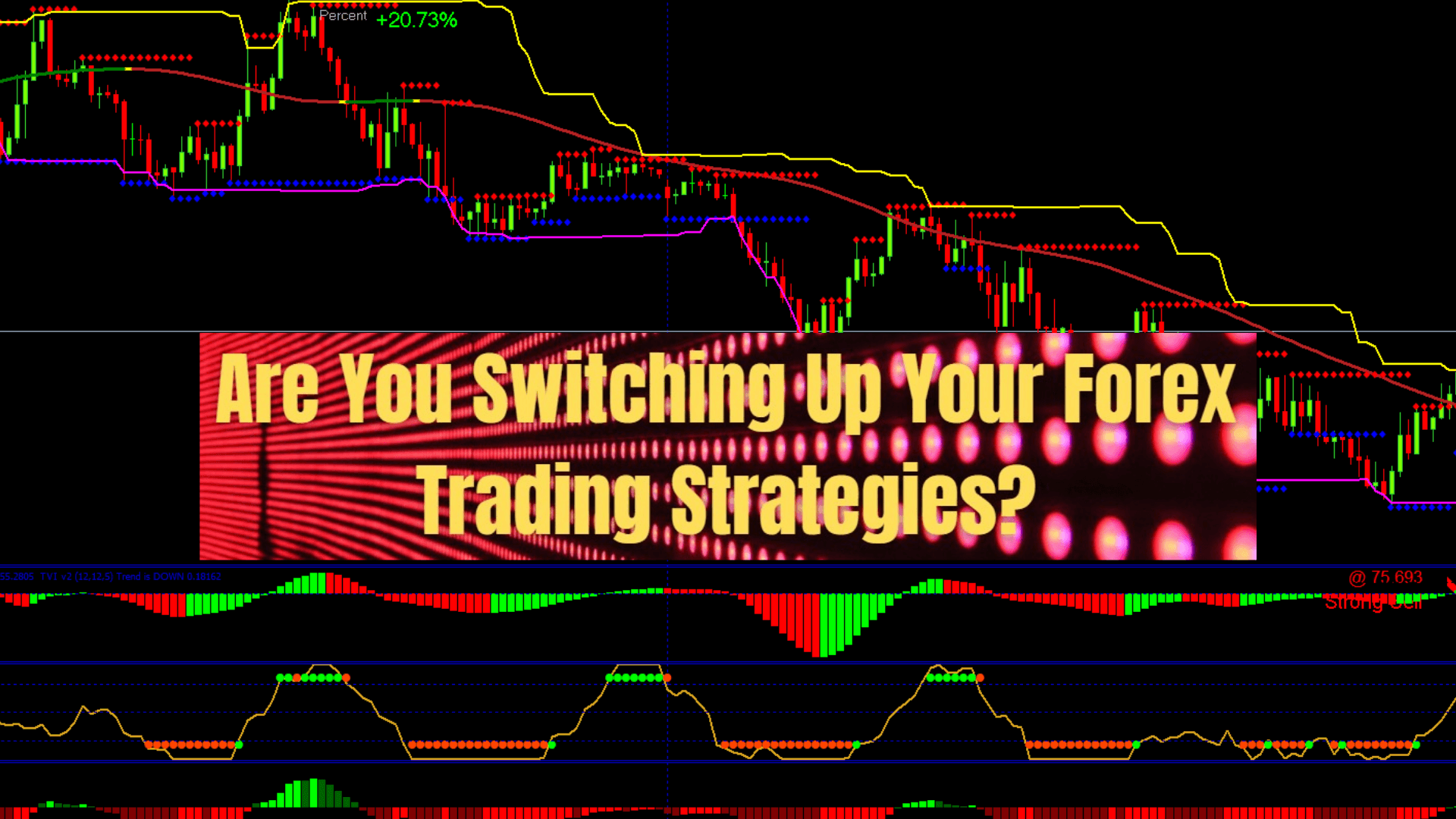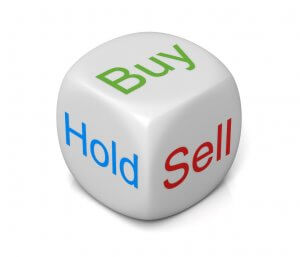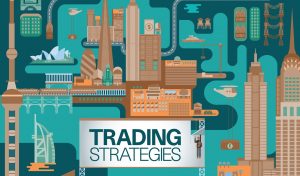Having multiple strategies can be a result of one failing in a certain market environment. Traders then try to fill up holes the original strategy had with another strategy adapted to new market conditions. According to some experts, having additional strategies is always beneficial, having more weapons in your arsenal is good.
Another common argument is that markets always change in many ways, one strategy will sooner or later start to fail. The global economy itself is cyclic, not to count all the other things mixed in. However, what if we instead of changing strategies just move into the market where the conditions are right, suitable for the original strategy? Basically, it is the same thing – adapting to changes. This concept then sets another question, how to recognize the market is not suitable for our strategy, when is the moment we need to switch strategies, to find other markets, currency pair, or assets?
There is no simple answer to this question since every strategy is different to some extent, and there are more strategies than traders. Developing a strategy that works only in specific conditions is a specialized strategy, their drawback is not only a tight schedule but also a limitation to a few of the markets available for trading. If you are familiar with automated trading scripts, you will see they are mostly designed for one or a few other currency pairs. This is because they are tested back and forth only on a limited historical/future period and only adapted to that currency pair specifics. At the moment of their public release, these strategies or scripts will run well probably. If they are not updated their performance will drop.
We see a lot of content on the internet about having more strategies, adapting, experimenting with indicators, rules, and settings. Building your system should never stop. However, most of the traders fail not because they are not good at the technical or fundamental analysis, but money management and psychology. It is common to see traders overoptimize their systems to new conditions. Then change them again once they do not work as intended. If they are very thorough with their testing, as they should be, the operational time of their strategies is low compared to the optimization time. After all, some traders may question is it worth it to maintain and develop multiple strategies for new conditions perpetually?
Notice we have added trader’s mindset and money management into the mix that makes a strategy. According to some popular trading education resources, it is advised to be flexible. Being flexible also means not only using tools and indicators to decide but also your experience, your skill analyzing the price action. Additionally, absorb a hit or two trading with an inadequate strategy with sound money management. In other words, you have to trade and know how to trade in so many ways. Well, in our book this is just going to mess everything up. No trader is universal, traders will shape their trading ways as they see fit, and could be successful in many ways.
Technical traders will like indicator systems and have crisp money management based on them. They will have the edge as they do not have to deal with doubt, hesitation, overtrading, and other common mistakes. Price action traders with a minimalistic approach recognize historical patterns from experience and base their decisions on that. Fundamental traders take a long-term approach and people adept with coding could even indulge in making trading robots. Switching strategies and how a trader approaches trading is contradictory to their personalities and their trading cannon.
Optionally, traders could develop a universal system. This strategy may work only in specific conditions, limiting their performance, however, there is no limitation to other markets. For example, trend following strategies would need trends, volume, but they fail in ranging conditions. Now traders know what to avoid. If a ranging market or consolidation is imminent, stop all trades and find other currency pairs or assets. Specialized strategies cannot switch to other pairs without additional tweaks. Whatsmore, their effectiveness may be short-lived if the intended pair starts different price action. Traders will now have to consider whether developing such strategies is better for them than universal strategies.
Trying new things always carries more knowledge traders use to combine amazing indicators, strategies, and trading styles. Consider if your failures lie in your strategies or if your money management and psychology are out of place. According to many professionals, traders struggle with the latter. Be sure that if you have many strategies it is not a product of bad money management or many trading psychological issues one could have. There is no better strategy you can make without the two most important pillars.
Some proprietary company traders even go far enough to say good money management and a random decision strategy beats the best strategies without good risk or money management. Considering this, maybe a better headline question would be “Are you changing your mind often while trading your strategies?”
There are certain times you may be put under pressure to trade, for whatever reasons, hopefully not out of desperation. It is quite normal to switch timeframes and rules. For example, trend following strategies does not have great odds when the whole forex is not active. Professional traders create a rule for these periods, money management rules. They lower their positions and if forex is almost dead, they do not trade at all. Now, switching to other strategies that work in quiet environments are likely to be reversal strategies. Sometimes they might not be adaptable to a trader’s lifestyle, especially if they require more screening time. Curious and “out of the box” thinkers could go into other possibilities and find a good automated trading solution that works great in these conditions. Forex has a place for everyone and everything, but only rewards those persistent to find the solution.
A trader who has universal strategies that work with little adaptation to different markets like forex, precious metals, indexes, and crypto, using the same good risk management principles is a complete trader. Getting to this point is the hard work of testing, frustration, losing, and trying again. Mastering one strategy takes a long time, probably a few years. Sometimes it is normal to give up on that one if you do not have results, provided everything else is good. Those years are not wasted. More often than not, traders that have moved into other trading styles use some elements from previous work, sometimes even coming back to their old strategies that needed just a bit of knowledge and experience from another perspective. It is eureka for most of these traders, however, know such people are rare, and only they come to the top.
As a final piece of advice, search out for other strategy resources, and experienced people. You will find out each may bring up some ideas or tools that you could use in your current system. Strategies that are not into your style of trading are also useful as they may hide some rules or money management principles you could carry over. Creative traders will enjoy this process of discovery and implementation but never forget that playing with tools is fun, money management and psychology concepts are not, yet all professional traders spent a lot of time developing them. For more info about adaptable universal strategies, risk management, and psychology, check out our previous articles.





